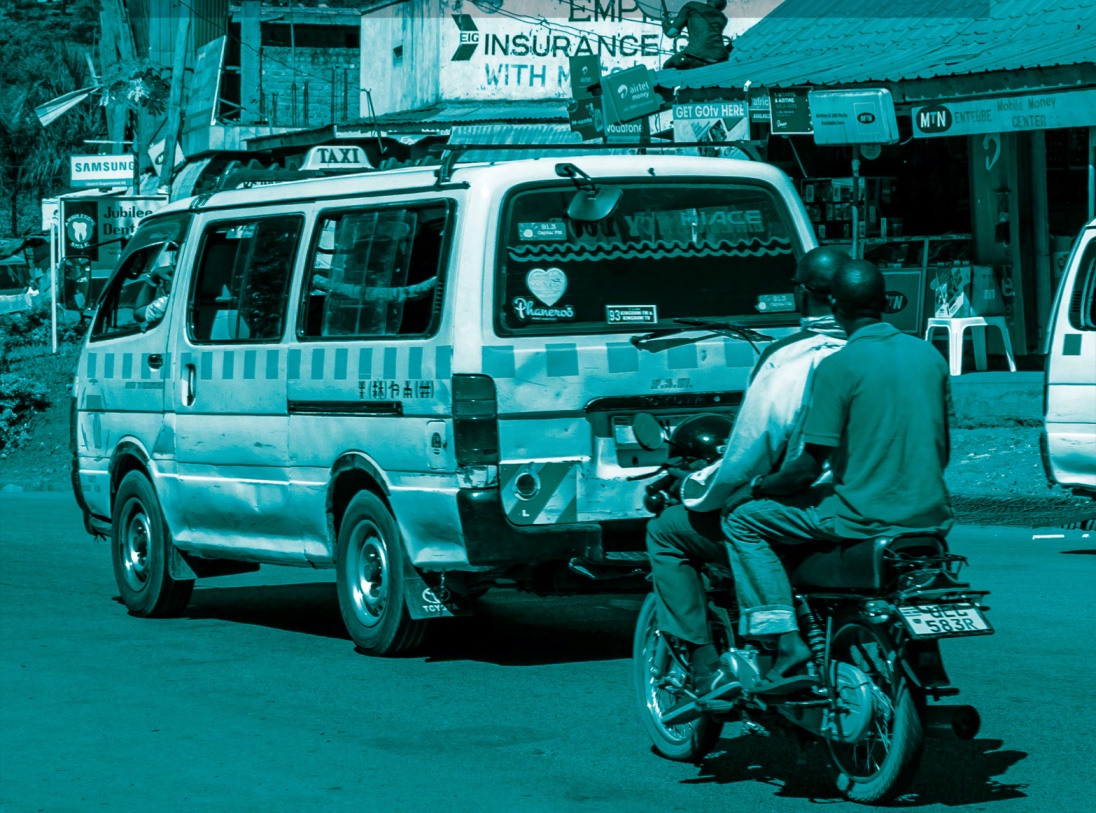World Health Organization (WHO)
Science in 5: COPD
Briefs & Fact Sheets
27 Nov 2024
08 Apr 2022

NCDs – the world’s most prevalent and deadly diseases – represent a pandemic in their own right, but when mixed with an infectious disease outbreak, the result has been devastating to health systems and the communities they serve everywhere. The COVID-19 pandemic revealed that the prevention, screening, diagnosis and treatment of noncommunicable diseases (NCDs) are indispensable to health systems’ preparedness and population resilience. The world will not be prepared for future health threats nor deliver on global commitments to Universal Health Coverage (UHC) for as long as the people at highest risk continue to be left behind.
This policy brief advocates for increased investment in NCD prevention and care, as part of delivering UHC and leaving no one behind. The longstanding failure of governments and the global health community to mobilise adequate funding for NCD prevention and care has amplified the human and economic cost of the pandemic, and remains the major barrier worldwide to improving health outcomes and ensuring health system resilience and sustainability. Especially in low- and middle-income countries (LMICs), which are the primary focus of this brief, NCD investment must no longer be an afterthought to infectious diseases or neglected within health services. Governments and the global health community must make substantial changes to achieve a more targeted and strategic approach to investment in the response to NCDs that will yield long-term dividends.
The brief examines the investment gap and present an overview of the current state of NCD financing, relative to the global burden of disease and compared to other global health priorities. They outline the different sources for and pathways to NCD financing: domestic resource mobilization (DRM), bilateral and multilateral support, philanthropy, and innovative financing including the private sector.
This brief is primarily intended for health and development advocates, to support engagement with financial decision-makers and investors, including Ministries of Finance, development agencies, multilateral agencies, and philanthropies. It makes the case for scaling up the currently insufficient investments in NCDs, outlines the cost of inaction, highlights viable pathways to increase funding, and proposes a call to action for the Second Global Financing Dialogue on NCDs set to take place in 2023 and forthcoming UN General Assembly High-Level Meetings on Universal Health Coverage in 2023 and NCDs in 2025.
This brief will be complemented by an additional publication of best practice case studies, aimed at health and finance decision-makers and donors, illustrating the solutions to and the feasibility of closing the NCD investment gap.